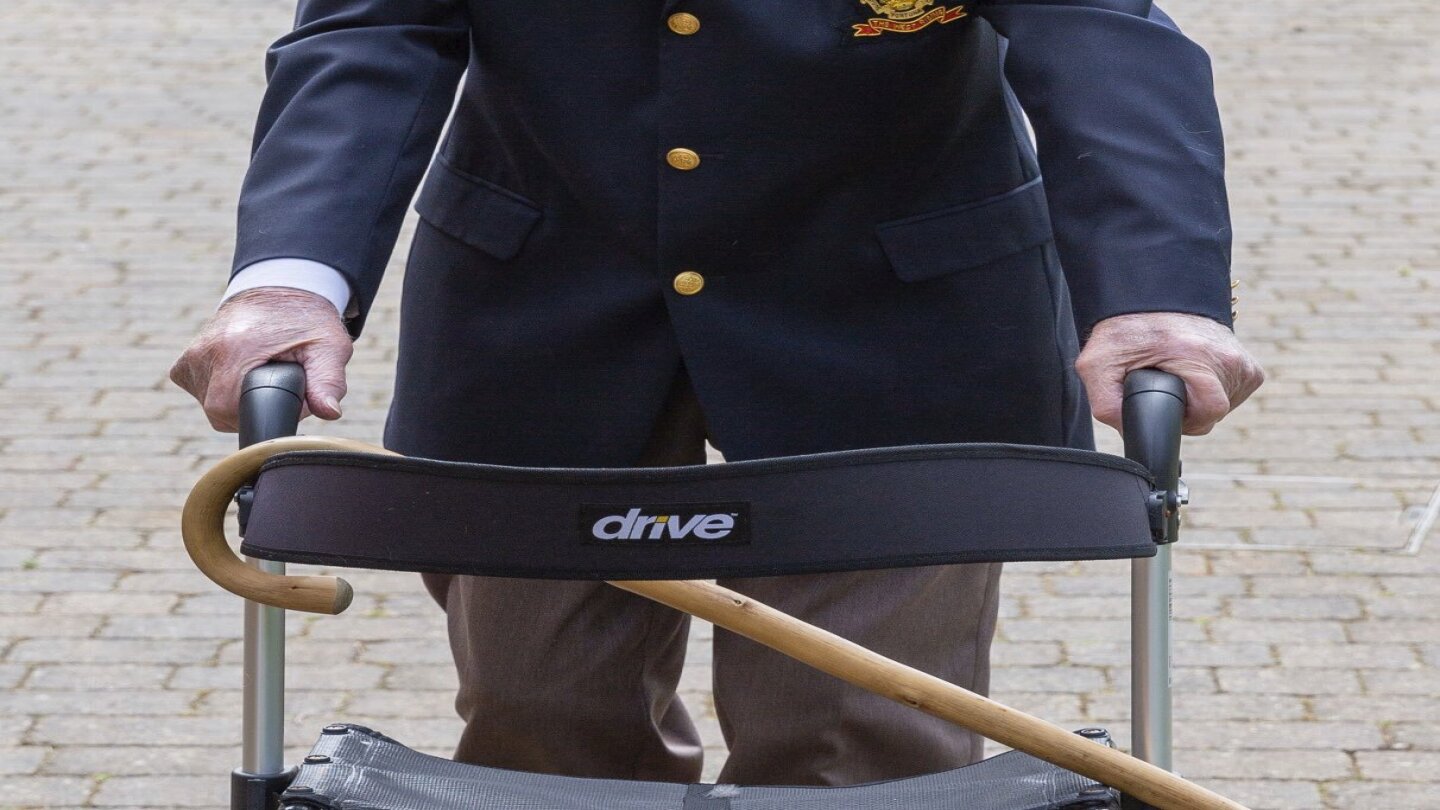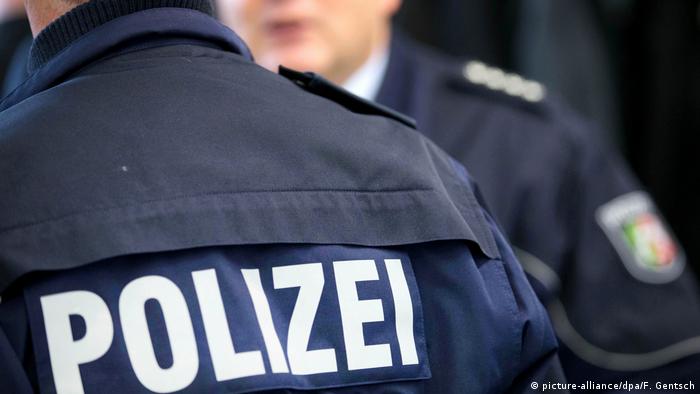Plain Jane
Just Plain Jane
The thread from March is here:
 www.timebomb2000.com
www.timebomb2000.com
Main coronavirus thread in March on pages 538-1011 approximately here:
 www.timebomb2000.com
www.timebomb2000.com
Regional conflict around the Mediterranean pages 15-18 here:
 www.timebomb2000.com
www.timebomb2000.com

 www.dw.com
www.dw.com
Coronavirus: Netherlands recalls 'defective' masks bought from China
Hundreds of thousands of masks sent to Dutch hospitals have been recalled after tests showed they failed to protect the face or had defective filters. The Netherlands recently bought 1.3 million masks from China.
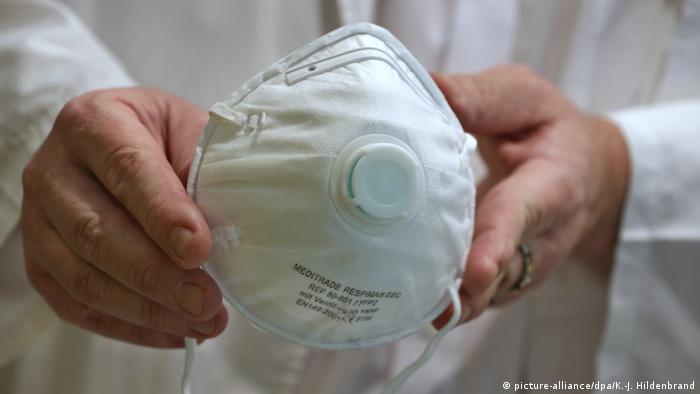
The Dutch government has ordered a recall of around 600,000 masks out of a shipment of 1.3 million from China after they failed to meet quality standards.
The defective masks had already been distributed to several hospitals currently battling the COVID-19 outbreak, news agency AFP and Dutch media reported. The Dutch Health Ministry has kept the rest of the shipment on hold.
An inspection revealed that the FFP2 masks did not protect the face properly or had defective filter membranes. The fine filters stop the virus from entering the mouth or nose. The masks failed more than one inspection.
"A second test also revealed that the masks did not meet the quality norms. Now it has been decided not to use any of this shipment," said the Health Ministry said in a statement to news agency AFP.
Read more: How well do face masks protect against viruses, droplets and dust?
Watch video01:22
Mask makers set to profit from virus outbreak
The masks were delivered to the Netherlands by a Chinese manufacturer on March 21. The Health Ministry said it would conduct extra testing on any future shipments.
Several hospitals in the Netherlands had already rejected some of the shipment even before the Health Ministry issued the recall.
"When they were delivered to our hospital, I immediately rejected those masks," a hospital source told Dutch public broadcaster NOS.
China is sending millions of masks and medical supplies to countries across the world to combat the COVID-19 outbreak. Countries that are receiving China's supplies include Serbia, Liberia, France, the Philippines and the Czech Republic.
The Netherlands currently has over 9,700 confirmed COVID-19 cases. Over 630 people have already died in the western European country due to the virus.
DW's editors send out a selection of the day's hard news and quality feature journalism. Sign up for it here.
https://www.facebook.com/deutschewellenews/
INTL - Europe: Politics, Economics, and Military- March 2020
February 2020's thread is here: http://xf.timebomb2000.com/xf/index.php?threads/europe-politics-economics-and-military-february-2020.567513/ Conflict in the Eastern and Southern Mediterranean impact several European countries. Ongoing thread about that is here...
Main coronavirus thread in March on pages 538-1011 approximately here:
CORONA - Main Coronavirus thread
If you are going to be quarantined and wearing a mask anyway, you might as well buy a couple of gallons of primer and white semigloss paint and a couple of brushes, In 14 days you should be able to paint the baseboards, door and window trim. Heck go ahead and get that third gallon of semigloss...
Regional conflict around the Mediterranean pages 15-18 here:
WAR - Regional conflict brewing in the Mediterranean
View: https://mobile.twitter.com/EndGameWW3/status/1233150974325334018

Netherlands recalls 'defective' masks from China – DW – 03/29/2020
Hundreds of thousands of masks sent to Dutch hospitals have been recalled after tests showed they failed to protect the face or had defective filters. The Netherlands recently bought 1.3 million masks from China.
Coronavirus: Netherlands recalls 'defective' masks bought from China
Hundreds of thousands of masks sent to Dutch hospitals have been recalled after tests showed they failed to protect the face or had defective filters. The Netherlands recently bought 1.3 million masks from China.

The Dutch government has ordered a recall of around 600,000 masks out of a shipment of 1.3 million from China after they failed to meet quality standards.
The defective masks had already been distributed to several hospitals currently battling the COVID-19 outbreak, news agency AFP and Dutch media reported. The Dutch Health Ministry has kept the rest of the shipment on hold.
An inspection revealed that the FFP2 masks did not protect the face properly or had defective filter membranes. The fine filters stop the virus from entering the mouth or nose. The masks failed more than one inspection.
"A second test also revealed that the masks did not meet the quality norms. Now it has been decided not to use any of this shipment," said the Health Ministry said in a statement to news agency AFP.
Read more: How well do face masks protect against viruses, droplets and dust?
Watch video01:22
Mask makers set to profit from virus outbreak
The masks were delivered to the Netherlands by a Chinese manufacturer on March 21. The Health Ministry said it would conduct extra testing on any future shipments.
Several hospitals in the Netherlands had already rejected some of the shipment even before the Health Ministry issued the recall.
"When they were delivered to our hospital, I immediately rejected those masks," a hospital source told Dutch public broadcaster NOS.
China is sending millions of masks and medical supplies to countries across the world to combat the COVID-19 outbreak. Countries that are receiving China's supplies include Serbia, Liberia, France, the Philippines and the Czech Republic.
The Netherlands currently has over 9,700 confirmed COVID-19 cases. Over 630 people have already died in the western European country due to the virus.
DW's editors send out a selection of the day's hard news and quality feature journalism. Sign up for it here.
https://www.facebook.com/deutschewellenews/










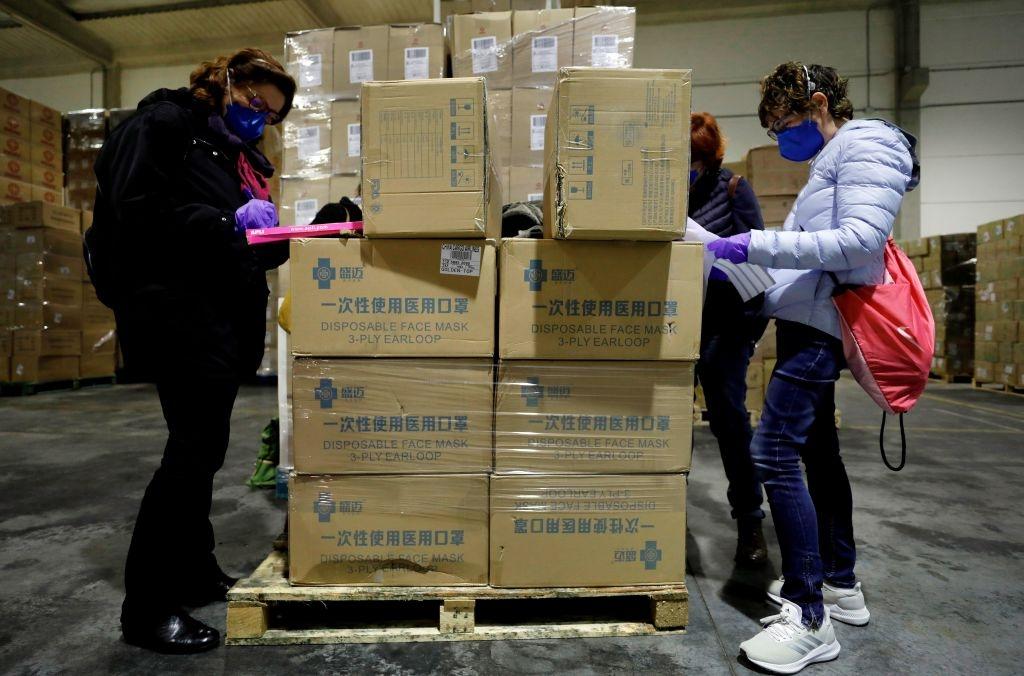

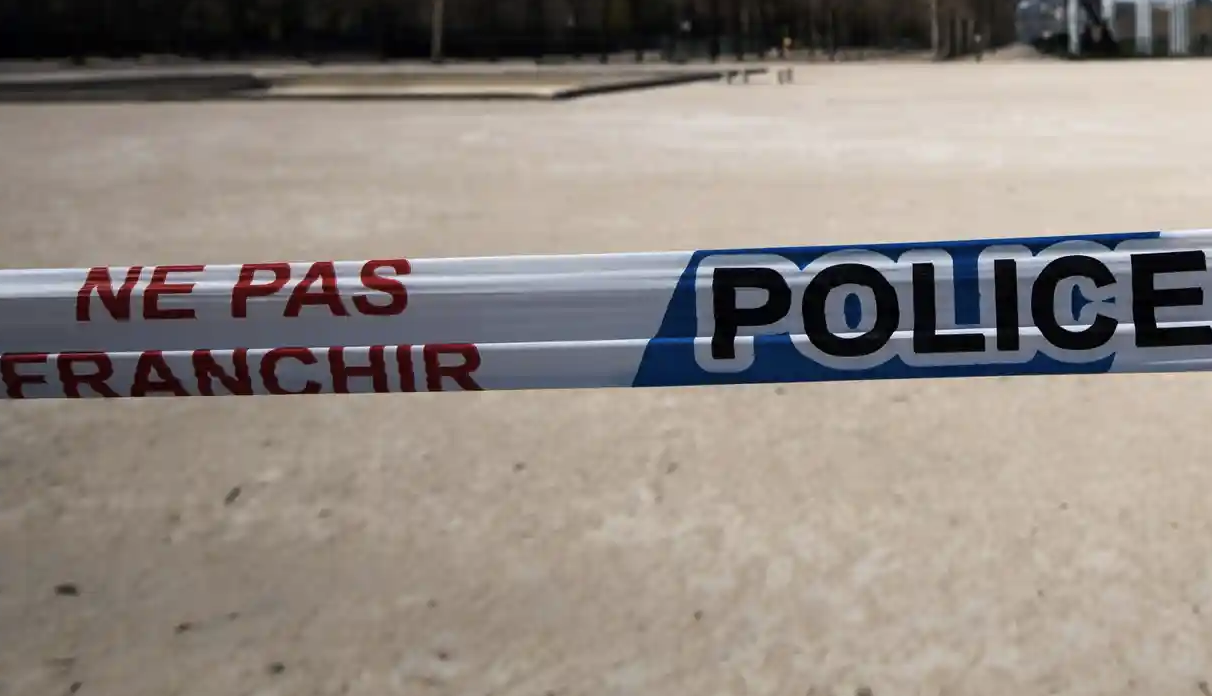



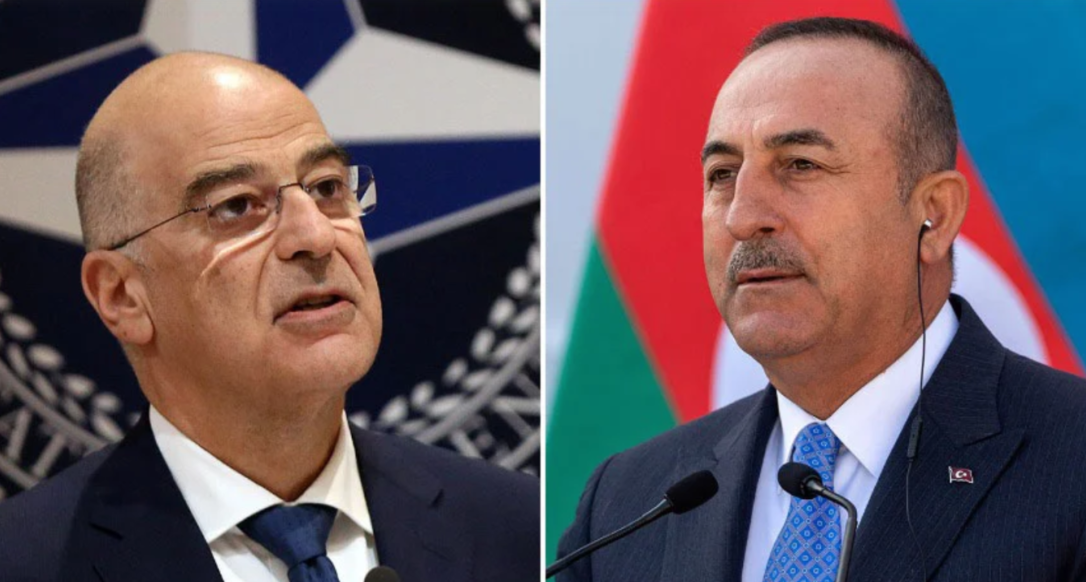 The Greek and Turkish foreign ministers, file image.
The Greek and Turkish foreign ministers, file image.



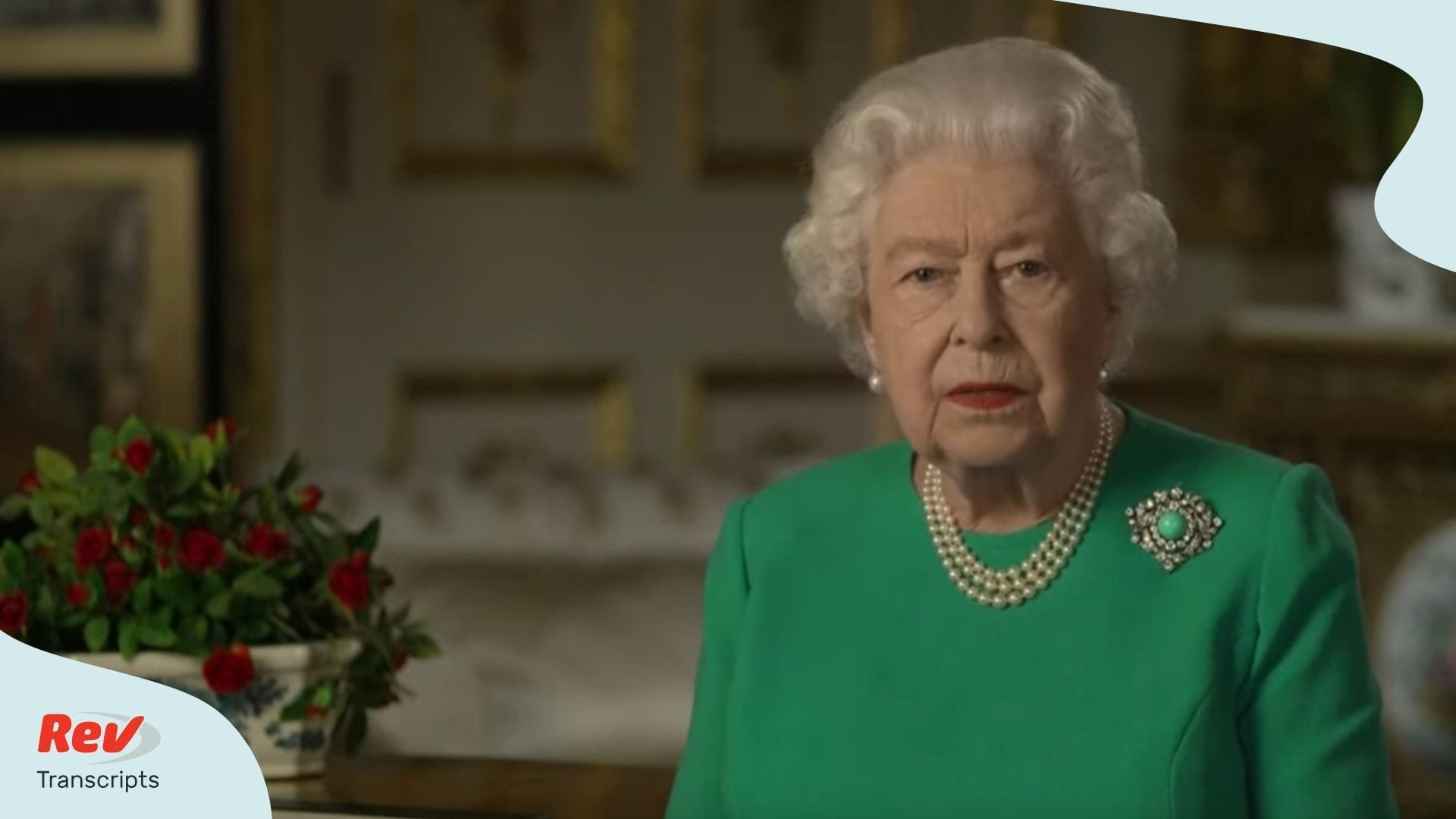




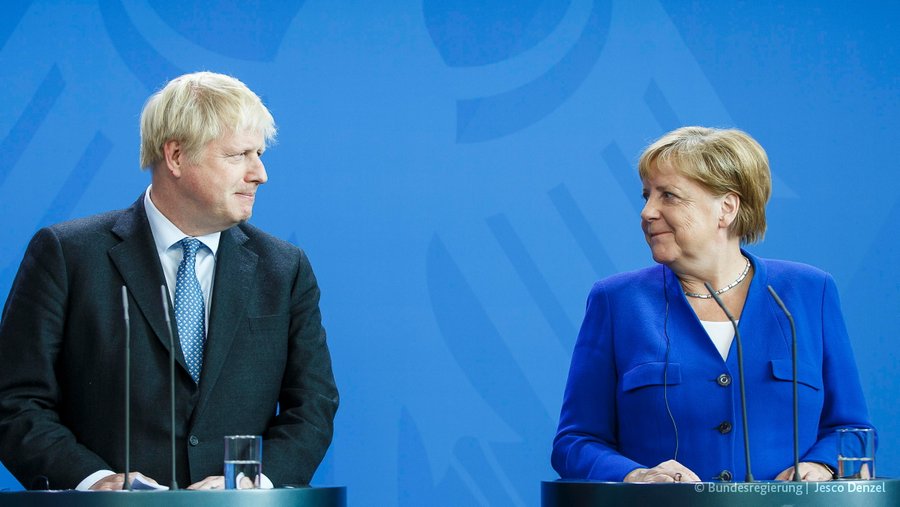



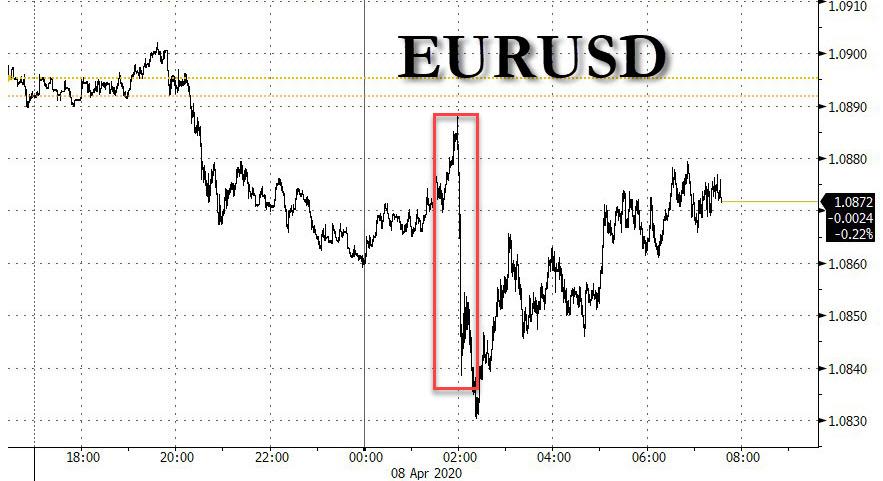

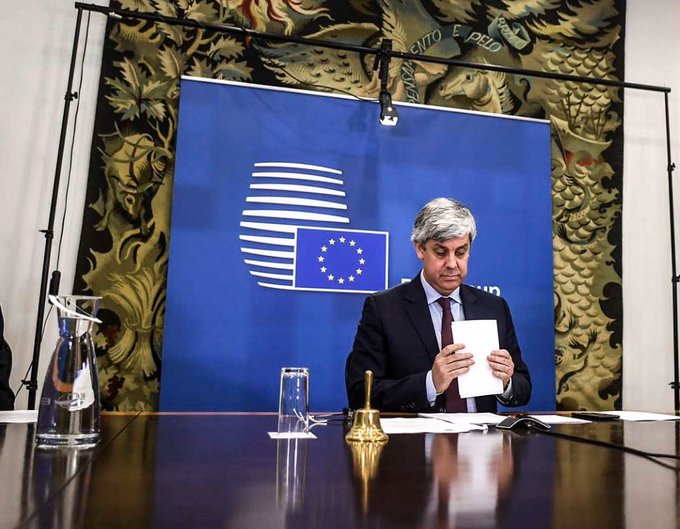


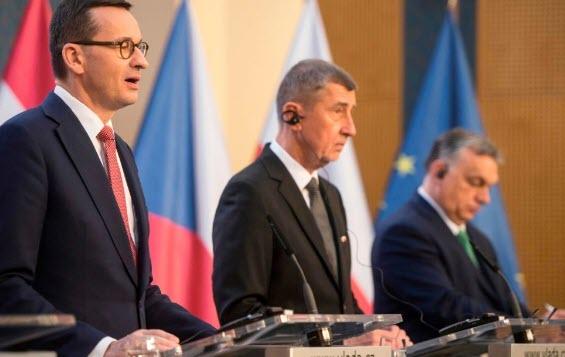
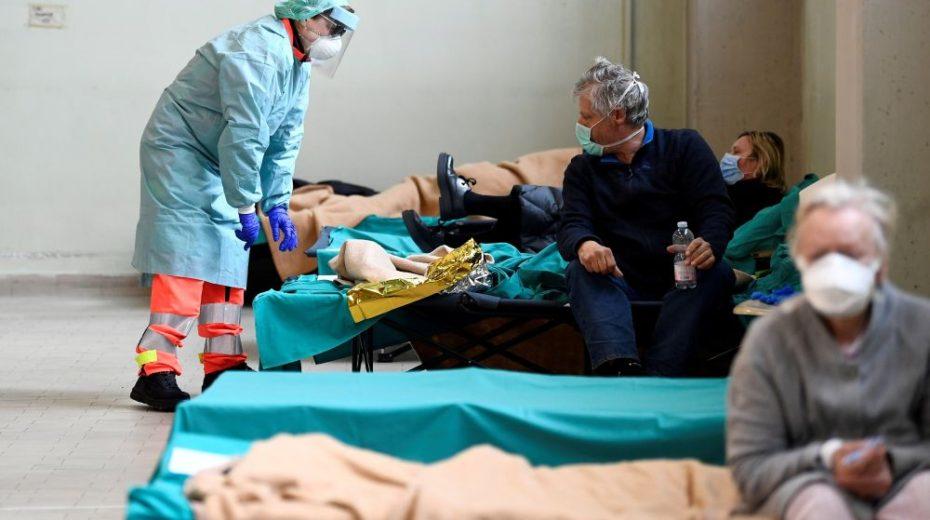

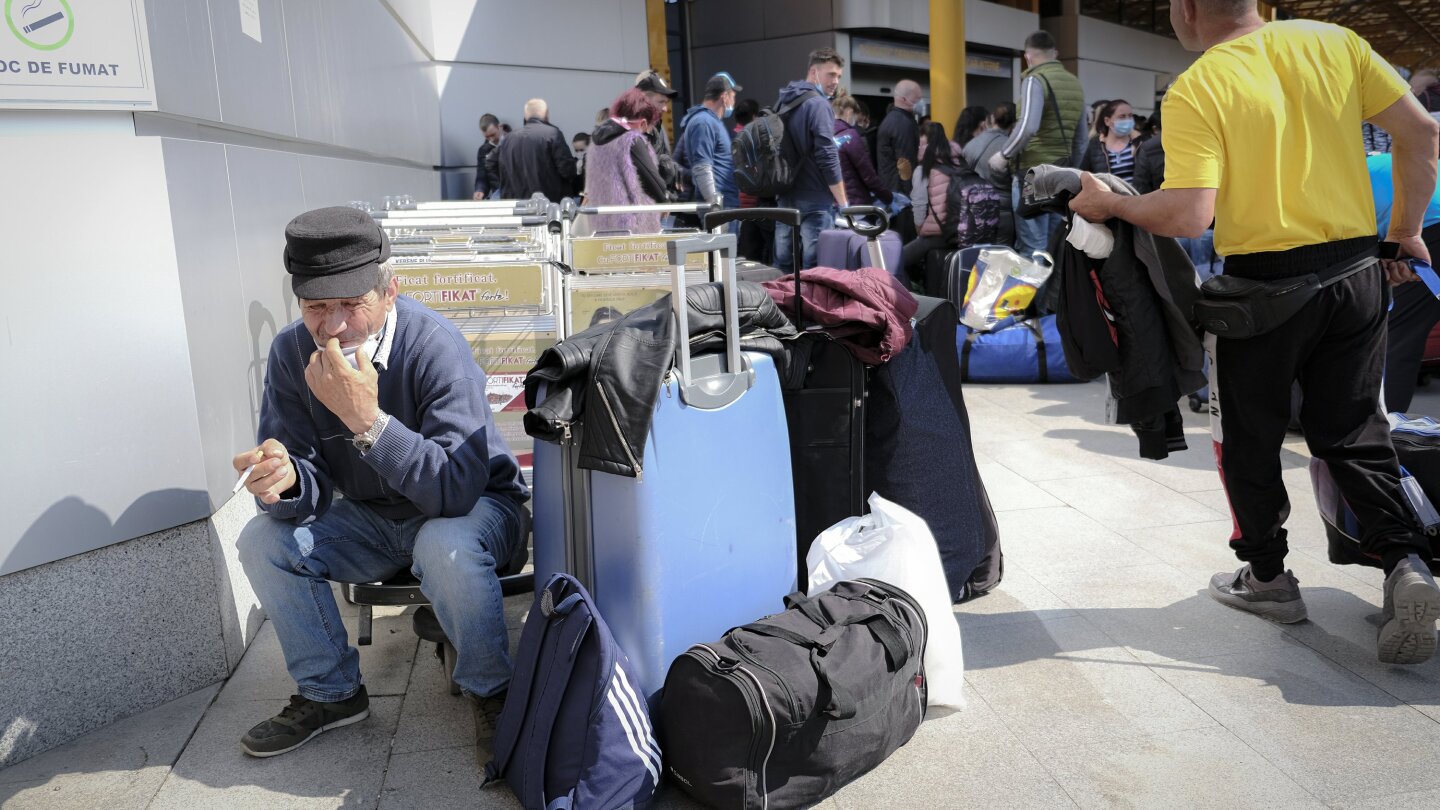



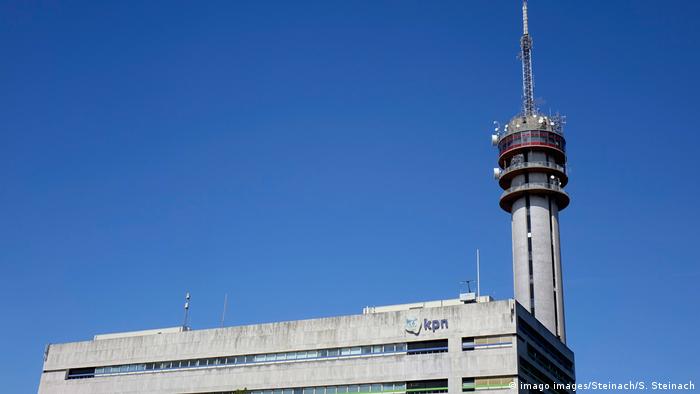





 @V_of_Europe
@V_of_Europe

